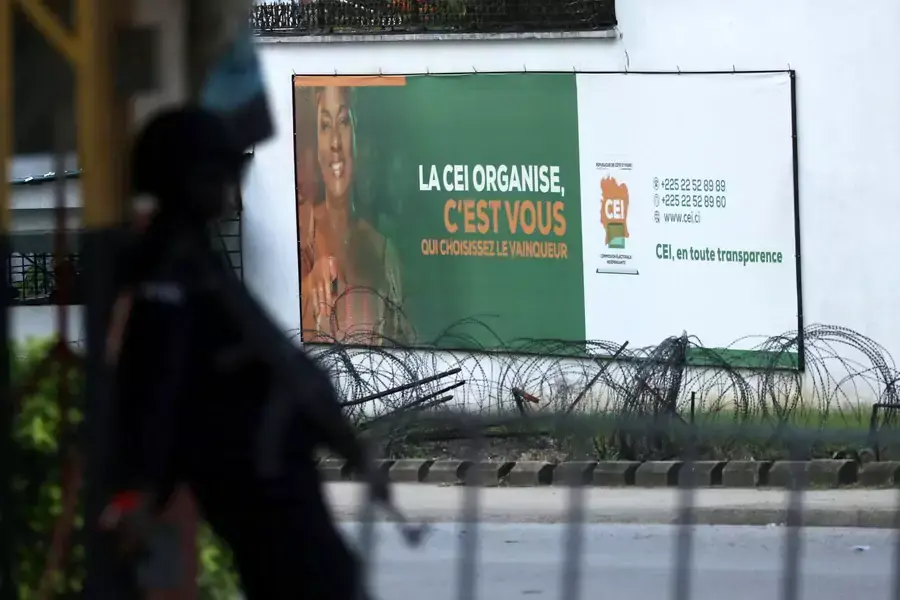Musings on Elections in Africa on America's Election Day

Americans assume that free, fair, and credible elections are essential to democracy. They also assume that citizens are free to vote the way they want, and that therefore election results reflect the public will. Voting is also seen as a civic responsibility, something that all eligible Americans should do, though they are not compelled to do so by law. And, for Americans, determination of eligibility to vote should be based on factors such as citizenship, residence, and age, not race, gender, income, or religion. Free elections go along with other basic freedoms, such as speech, religion, and assembly. Town meetings and elections in the state of Vermont, as painted by the artist Norman Rockwell, are the image many Americans have in their minds of what governance including elections ought to be—and usually are. While no human endeavor is ever perfect, Americans see their elections as free, fair, and credible. President Donald Trump's accusations that the 2020 presidential elections risk widespread fraud appears to have little traction beyond his base.
Since the 1960 wave of decolonization and independence, successive presidential administrations have long projected American assumptions about democracy, governance, and elections on Africa. The assumption is that elections in Africa are part of a trajectory toward democracy and the rule of law. The U.S. federal government has spent large sums of American taxpayer money to promote and facilitate African elections. American civic organizations have also been involved in African voter education and election logistics. There has been little American recognition that the binary nature of elections—there are only winners and losers—does not fit well with the emphasis on negotiation, dispute resolution, and consensus that is characteristic of many traditional African societies.
More on:
Almost all African states conduct elections—it is what "modern" states do. But generalization about Africa's billion-plus people and fifty-four legally defined states is risky. American assumptions about democracy and voting are certainly shared by many Africans. Election results in, say, South Africa, Botswana, Mauritius, Cape Verde, or Senegal do indeed reflect the popular will and occur in a democratic context characterized by the rule of law.
Elsewhere, however, elections are rigged and serve mainly to consolidate the position of a "big man" and his cronies or to legitimate self-perpetuating elites. In the past few days, for example, President John Magufuli in Tanzania has used the election process to crush his opponents. President Yoweri Museveni in Uganda is doing the same and has arrested Bobi Wine, an opposition figure as well as an international entertainment star. In Ivory Coast, President Alassane Ouattara is moving toward a third term, the constitutionality of which has been questioned. Elections in those countries, and elsewhere, are part of a stagnation or step backwards from what had once been a democratic trajectory. The highly respected non-governmental organization Freedom House annually evaluates the political rights and civil liberties in almost two hundred countries around the world. Elections and their conduct are major markers. In Africa, only South Africa, Botswana, Namibia, and Ghana are in the same category as the United States, Western Europe, Japan, and South Korea.
Perhaps the bottom line for American policymakers should be that with respect to elections in Africa, one size does not fit all. Policy should reflect a granular understanding of the governance of each African country, rather than the assumption that elections are by definition always "a good thing."
More on:
 Online Store
Online Store

